Let me first say that I think the “scientific” proofs for God’s existence are very good, as far as they go (I’ll explain why that word is in quotes later). Since middle school one of my hobbies has been backyard astronomy. I am very familiar with the intelligent design arguments from cosmology and biology. They are all very good and very convincing.
So, what’s the issue? Well, for one, natural science alone can’t prove God. It needs philosophy. What then makes the scientific arguments good? They are good because they show that the chances for the design (not existence) of the universe and life due to random events are essentially zero. But the jump from probability to cause is a philosophical one. Science, does after all, require the use of philosophy. As someone once said, philosophy is unavoidable. Science can give us probability, mathematics, and descriptions of how things are. However, by definition natural science studies nature and thus cannot make the move beyond nature to the supernatural. Again, that is a philosophical move.
While science can prove that there probably is a cause that accounts for the design in the universe and among life, it cannot move beyond the cosmos for an answer. Even adopting the philosophical notion of cause and effect, science cannot tell us what the cause is like. It cannot tell us there is only one cause. It also cannot tell us that the universe was created from nothing. The best it can do is to show that a cause, or causes, arranged the universe and life in such a way to allow it to exist the way it is now.
Objections to Scientific Proofs for God
Maurice Holloway makes a general objection against proving God’s existence from natural science in his Introduction to Natural Theology. He declares,
“Because of its formal subject and method of procedure, a positive [natural] science as such is intrinsically and necessarily incapable of demonstrating God’s existence. Physics, for example, is no more capable of proving the existence of a suprasensible being than mathematics is of proving the existence of a non-quantified being. To do this, they would have to change their essence, for they would have to go beyond their proper subject and proper method; and then they would no longer be positive sciences” (455).
In other words, it is simply against the essence of natural sciences to go beyond their own study, and to do so would be to require a completely different discipline (philosophy).
Consider the specific objections to scientific arguments for God from Holloway’s work (456-457). The first objection has to do with the issue of probability and certitude. He claims,
“Since such [scientific] arguments are based upon the laws and theories of positive science, the arguments themselves can never achieve greater certitude than that of these laws and theories. And . . . the scientists dispute among themselves as to the relative truth or value of their laws and theories.”
In sum, the level of certitude of the conclusions reached are never greater than the certitude of the theories themselves. I personally think the big bang theory is on solid ground and demonstrates with practical certainty that the universe had a beginning. However, not all scientists agree with the big bang. It is in dispute. For example, does the second law of thermodynamics (see below for what this is) apply to the whole universe or not? Big bang proponents hold that it does. Opponents tend to say that it doesn’t. Such disputes bring scientific theories into question, which also brings the conclusions into question.
Holloway’s second objection states,
“Since the laws and theories of positive science are based upon sensible phenomena as in some way physically observable and measurable, they can never be used to transcend the phenomenal order. But God, as a term to be demonstrated, entirely transcends the phenomenal order. Thus any proof that is strictly and merely from positive science can never demonstrate his existence.”
This is saying what I said above, namely, natural science studies nature and, by definition, cannot rise above it. Science studies the things of this world, not the things other than this world. This is simply true, by definition. To study the cause of this world would not be natural science, but natural theology (philosophy). Science can certainly show that systems in this universe (and the universe itself) are highly designed and need a designer; however, the existence of that designer cannot be demonstrated beyond a level of probability.
His third objection is related to the second but shows that science could not tell us about the essence of the cause of the universe even if it could tell us about its existence:
“Even if we were to grant that positive science could establish the existence of some super mundane principle, it could never go on to prove that this principle is God; namely, a Necessary Being and Pure Act. To reach such a term (that is, to reach God) one would always have to resort to principles that are truly metaphysical.”
The best that something like intelligent design can do is to show that there is a designer. It does not show the designer to be separate from nature, or a single being, or that the universe as a whole was created. While the kalam argument coupled with big bang cosmology does the latter, even the big bang theory must make the jump from science to philosophy to show there was a creation. Science just tells us what this universe is like and how it works. Philosophy tells us about the nature of things, and that effects must have causes. Science certainly cannot tell us anything about the nature of the cause(s) other than it is (they are) intelligent. Categories such as “Necessary Being,” “Pure Act,” etc., are metaphysical (philosophical) categories unavailable to the natural scientist (without importing them from philosophy).
But Can the Question Be Scientific?
The question of God’s existence is inherently philosophical. But is it a “scientific” question as well? Yes, in a way. I have used the word ‘scientific’ in quotes for a reason. Historically, following Aristotle, a discipline was considered scientific if it could demonstrate its conclusions through a rational process (logical argumentation) and from first principles (such as the law of non-contradiction). If such a demonstration could take place, that is, if there was a rational move from premises to a conclusion and the body of knowledge could be arranged systematically along with this demonstration, the body of knowledge was said to be scientific. Since philosophy can demonstrate its conclusions from rational demonstration, historically it has been thought to be scientific (as was theology . . . the queen of the sciences). However, the notion of something being scientific nowadays usually means that it is identical with natural science.
Further, many think that science is the only domain that provides knowledge. This view is called ‘scientism’. Notice that the claim that “only science conveys knowledge” is a philosophical claim, not a claim demonstrated by natural science. It is a claim about the nature of science (philosophy of science) and the nature of knowledge (epistemology). In short, since philosophy is a science in this broader sense, the issue of God’s existence is a scientific one, just not in the sense of the natural sciences.
Distinguishing the Scientific and the Philosophical Arguments: What’s the Difference?
Let’s now look at an example of a scientific proof and contrast it with an argument from philosophy. An argument from natural science goes something like this (there are even some philosophical moves here, such as the move from effect to cause):
Everything that has a beginning has a cause.
The universe had a beginning.
Therefore, the universe had a cause.
Most of the effort is usually placed on the second premise to marshal evidence for the universe’s beginning. For example, the second law of thermodynamics (law of entropy) is often invoked. It says that energy in a closed system (a system that doesn’t get energy from the outside) converts from usable to unusable energy. In other words, when we take our cell phones off their chargers the battery begins to die until it is recharged. In the absence of a charger (energy from the outside), when it dies the phone will simply not work. The move in this argument is to show that there is nothing outside the known universe that provides energy. Thus, left to itself, the universe is running out of usable energy. If the universe existed from the infinite past, it would have already run out of energy by now. But it hasn’t. Therefore, the argument says that the universe has not existed forever into the past, but had a beginning. And if it had a beginning, it had a beginner.
Arguments like this are very strong, but they depend on the accuracy of interpretations and notions such as how the second law of thermodynamics works and to what extent it can be applied. Does the law apply to everything? Does it apply to the whole universe? Is the universe getting outside energy (whatever that would mean)? Thus, there is a degree of probability with this reasoning. It is based on induction and is thus not certain.
Philosophical proofs on the other hand lead to deductive (metaphysical) certainty. That is, scientific theories change, but the nature of the world does not. Not everyone agrees with such theories as the big bang (I for one do). But we can all agree (I know there are outliers) that things in the world change. From this concept of change we can deduce things about their nature and their cause. Consider the following argument that I have summarized from Thomas Aquinas that is referred to as the First Way:
Things change. In order for things to change they must be composed of act (existence) and potency (the ability to change). For a change to take place it must be brought about by something that already exists (is in act). A being in act causing change in another being cannot go backwards forever. Therefore, there must be a being that is not composed of act and potency, but is simply act. This being people call God.
Such an argument is based on the metaphysical nature of reality. Arguments like this start from existing things as effects and reason back to the nature of their causes. We can see that if this argument is sound, it shows God to be Pure Act, with no division of act and potency, and thus unchanging, and eternal (since time is classically understood to be a measuring of change).
Natural science on the other hand can at best only tell us that given what we know about the universe and life, there must exist some intelligent being, or beings, that in some way designed them (not even created them). Some iterations of the kalam argument attempt to show the beginning of the universe based on the big bang theory. There is much merit to this, but it is limited and still requires philosophical moves. Again, the scientific arguments are very strong, but they don’t go far enough to secure the God that Christians want to prove. We are not interested in simply proving a kind of god, but the God of Christianity, that is, the God just described above based on the first way.
In answering the question of whether or not the kalam cosmological argument gives us a being of classical theism based on natural science, Ed Feser retorts,
“It does not. for to get from the world to the God of classical theism, it is not enough to get from the world to a cause of the world. One must get to a cause that has the attributes distinctive of the God of classical theism—such as simplicity, immutability, and eternity—and one must get to a God who is not only the temporal cause of the world, but apart from whose sustaining causal activity the world could not exist even for an instant. And I submit that neither condition can be met without recourse to the distinction between actuality and potentiality that is at the core of Aristotelian-Scholastic philosophy of nature” (“Natural Theology Must Be Grounded in Philosophy,” in Neo-Scholastic Essays, 80).
Conclusion
I hope that I have been clear that I believe theistic proofs that involve natural science are strong, but limited. Natural science alone cannot make a case for God. Further, such arguments are not as conclusive as philosophical ones, nor do they give us the God of classical theism which we can discover through philosophy. I agree with Ed Feser when he says,
“To be sure, this is not to deny that considerations from modern cosmology—or from other natural sciences, for that matter—can be useful to the natural theologian; the kalam cosmological argument, I concede, shows that much. But I maintain that such considerations can never be sufficient, and that recourse to the philosophy of nature is necessary to get from the world to the God of classical theism” (Ibid., 80).
Recommended Resources:
Your Most Important Thinking Skill by Dr. Frank Turek DVD, (mp4) download
How Philosophy Can Help Your Theology by Richard Howe (DVD Set, Mp3, and Mp4)
Debate: What Best Explains Reality: Atheism or Theism? by Frank Turek DVD, Mp4, and Mp3
I Don’t Have Enough Faith to Be an Atheist (Paperback), and (Sermon) by Norman Geisler and Frank Turek
J. Brian Huffling, PH.D. has a BA in History from Lee University, an MA in (3 majors) Apologetics, Philosophy, and Biblical Studies from Southern Evangelical Seminary (SES), and a Ph.D. in Philosophy of Religion from SES. He is the Director of the Ph.D. Program and Associate Professor of Philosophy and Theology at SES. He also teaches courses for Apologia Online Academy. He has previously taught at The Art Institute of Charlotte. He has served in the Marines, Navy, and is currently a reserve chaplain in the Air Force at Maxwell Air Force Base. His hobbies include golf, backyard astronomy, martial arts, and guitar.
Originally posted at: https://bit.ly/46cZJSz

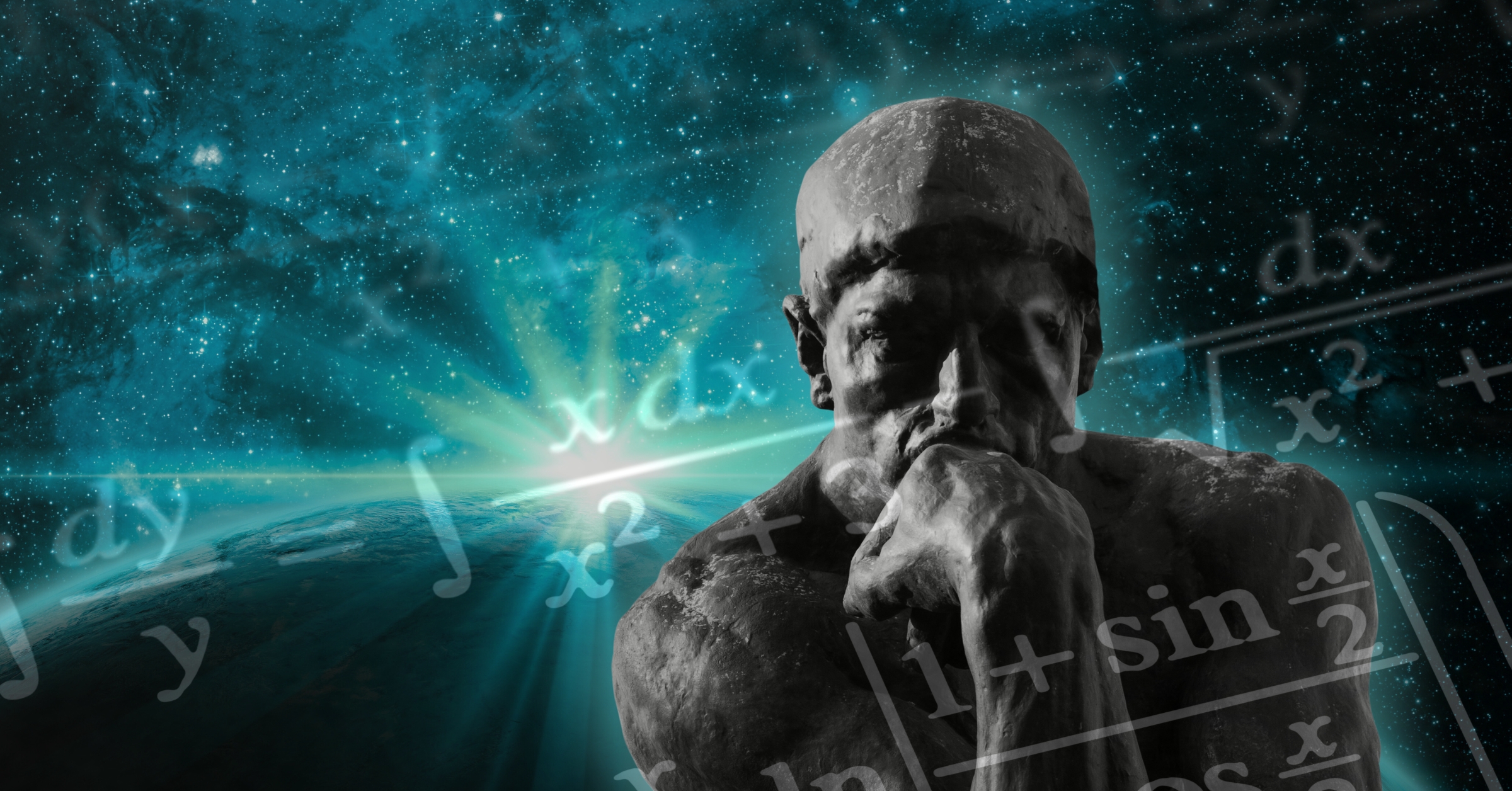

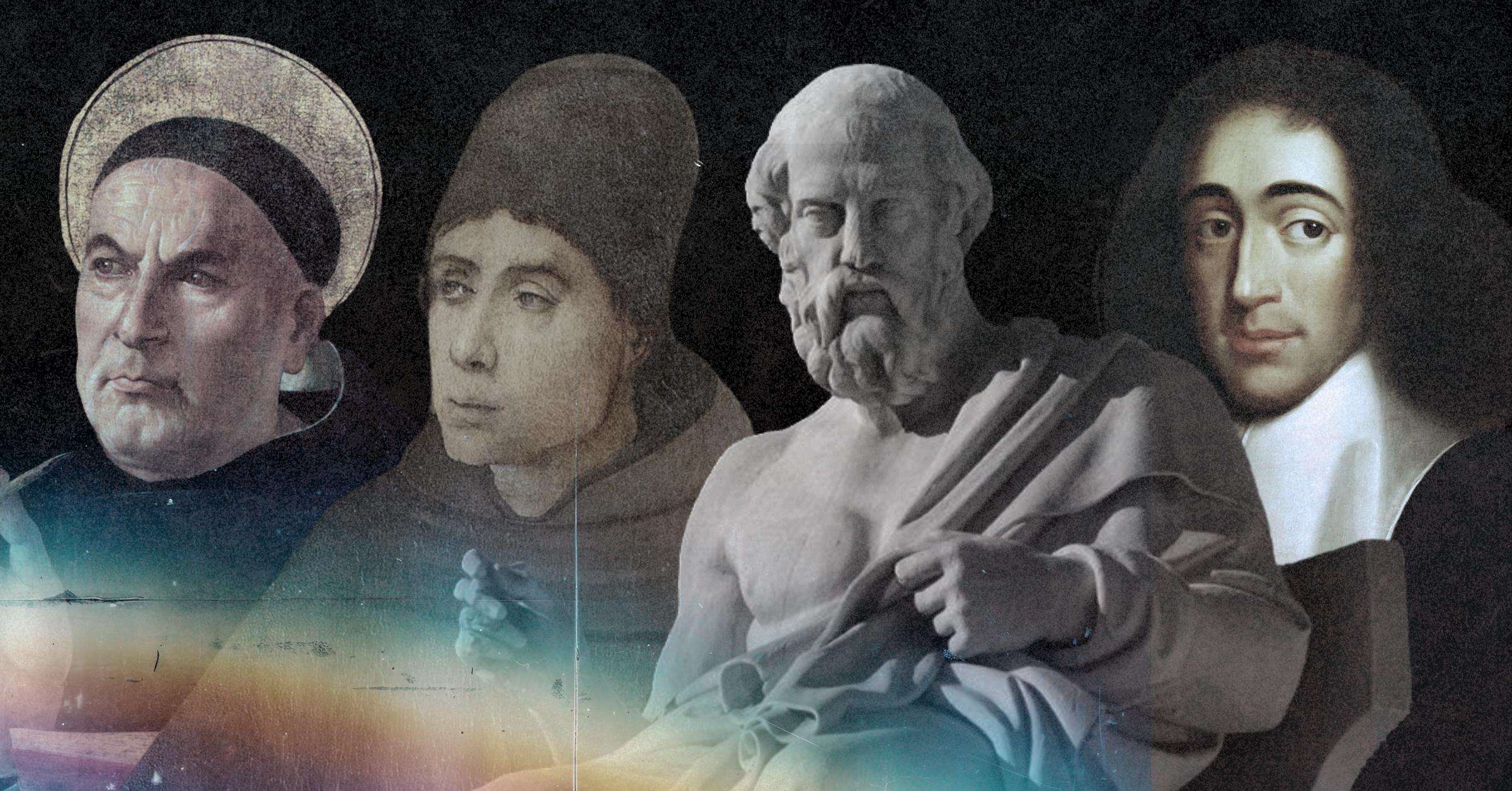
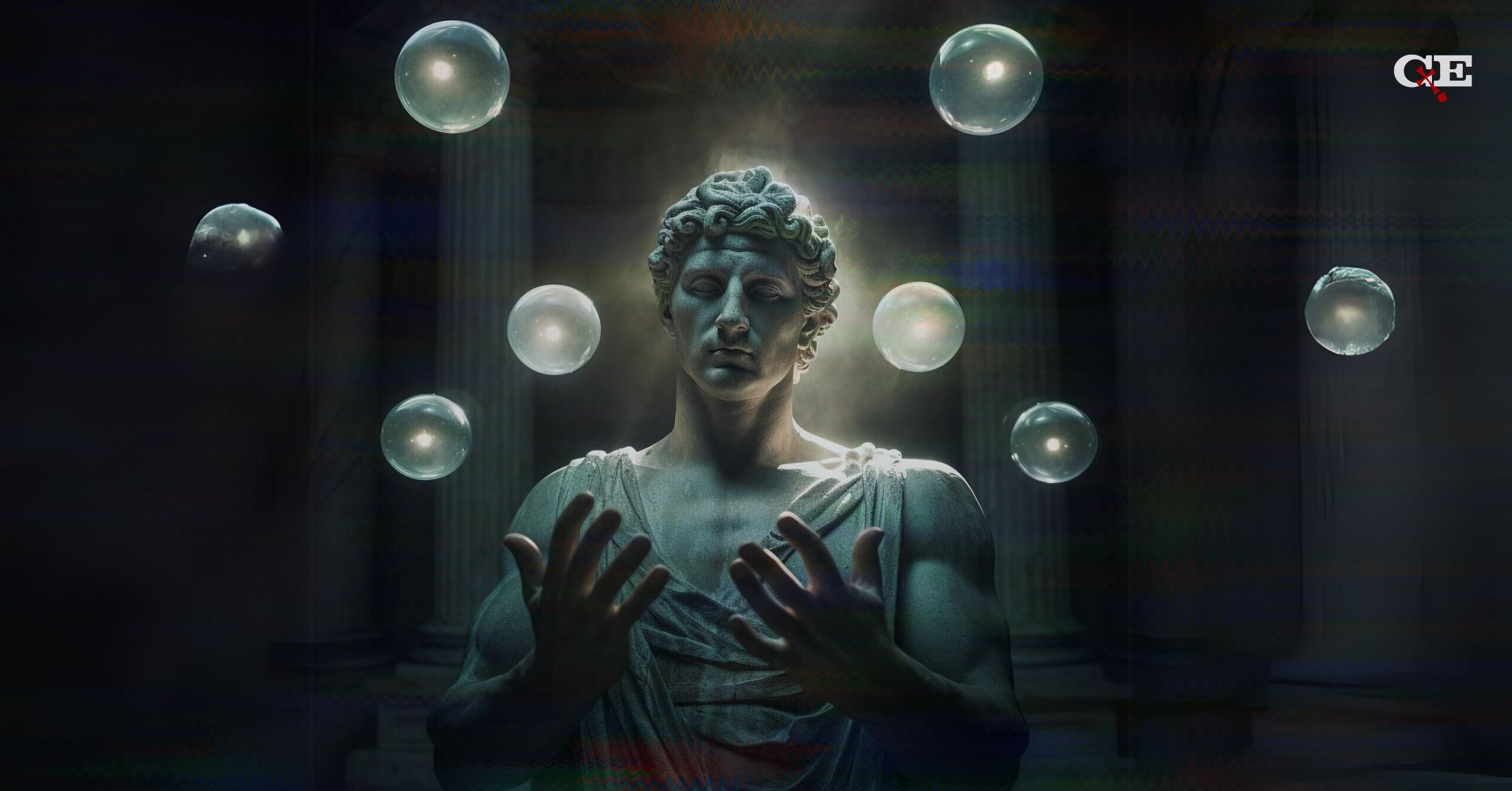


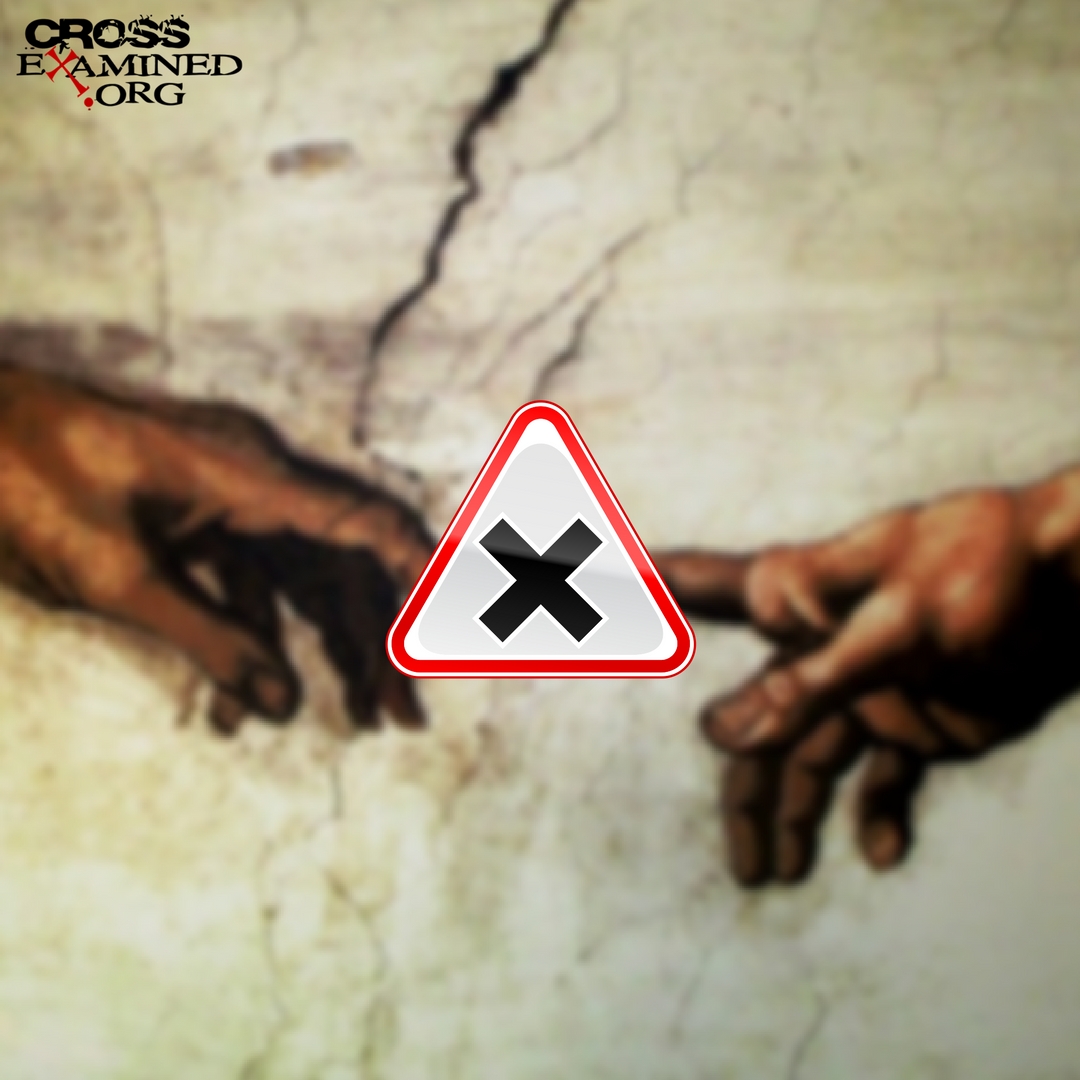
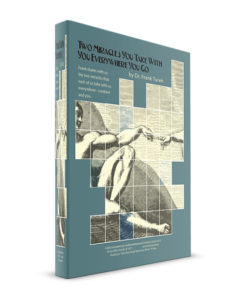 TWO MIRACLES YOU TAKE WITH YOU EVERYWHERE YOU GO
TWO MIRACLES YOU TAKE WITH YOU EVERYWHERE YOU GO 